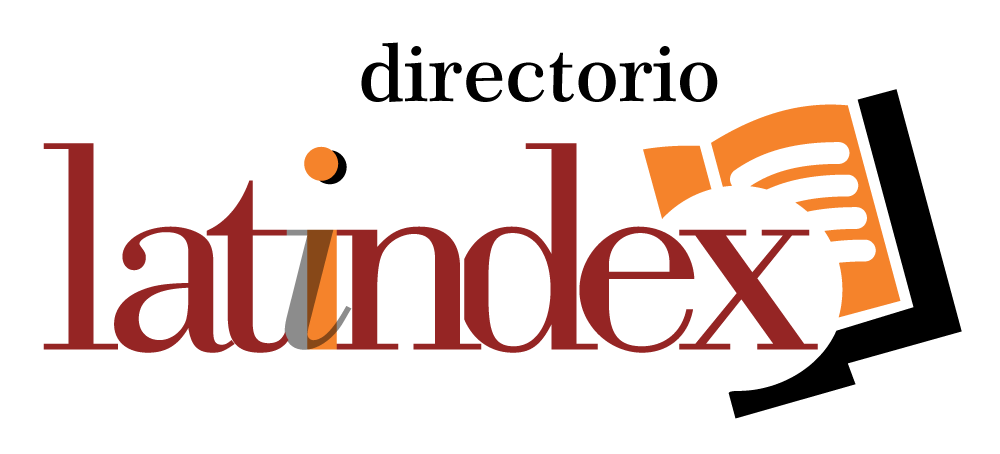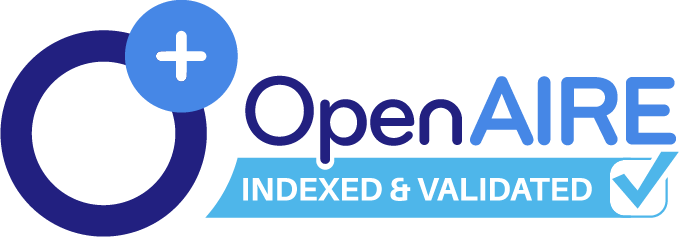Ethical code
Code of Ethics
The journal adheres to ethical standards in manuscript publication, committing to prevent inappropriate conduct in all its activities. For this purpose, it follows the guidelines provided in the Code of Conduct and Best Practice for Journal Editors.
Responsibilities of Editors
Publication Decisions
Editors are responsible for deciding which manuscripts will be published. Manuscripts must be evaluated impartially and fairly, without consideration of the authors’ race, gender, sexual orientation, religious beliefs, ethnicity, nationality, or political views. Publication decisions are based on the significance, originality, clarity, and validity of the study, as well as its relevance to the journal’s objectives. Compliance with legal standards regarding the reputation of individuals and institutions, copyright, and plagiarism is also ensured.
Confidentiality
Editors, editorial team members, and collaborators must maintain strict confidentiality regarding submitted manuscripts, sharing information only with authors or reviewers as necessary for the evaluation process.
Conflict of Interest
Editors must not use unpublished information or materials from submitted manuscripts for their own research without written consent from the authors.
Responsibilities of Reviewers
Collaboration with Editorial Decisions
Reviewers assist editors in selecting manuscripts for publication and contribute to improving their quality.
Diligence
Reviewers who feel unqualified to evaluate a manuscript or unable to review it properly must inform the editors and decline the assignment.
Confidentiality
Manuscripts received for review are confidential and must not be publicly discussed or used without the editors’ permission.
Objectivity
Reviews must be impartial and based on clear criteria; personal criticism is not allowed.
Citation of Sources
Reviewers should identify any unpublished or missing references cited in the manuscript and report significant similarities with other known works.
Conflict of Interest
Reviewers must keep information obtained confidential and refrain from evaluating manuscripts where a conflict of interest exists, including competitive, collaborative, or other relationships with authors, institutions, or companies.
Responsibilities of Authors
Quality and Transparency
Authors must submit original research presented clearly, accurately, and objectively. Supporting data should be clearly reported and referenced to allow replication. False or intentionally misleading statements are considered ethical violations.
Access to Data
Authors must provide research data for editorial review and, if necessary, make it available to the scientific community, ensuring confidentiality and respecting participants’ and institutions’ rights.
Originality and References
Manuscripts must be original and appropriately cite previous work that influenced the research.
Multiple and Simultaneous Publication
The same work should not be published in more than one journal or submitted to multiple journals simultaneously. Manuscripts already published elsewhere should not be resubmitted, although authors retain full rights to reproduce and share their work.
Authorship
Only individuals who have made significant contributions to the work should be listed as authors. The corresponding author must ensure all co-authors approve the final version and consent to publication.
Conflict of Interest
Authors must disclose funding sources and avoid conflicts of interest that could affect results or interpretation.
Correction of Errors
If significant errors are discovered after publication, authors must promptly inform the editors and collaborate in correcting or rectifying them.






















